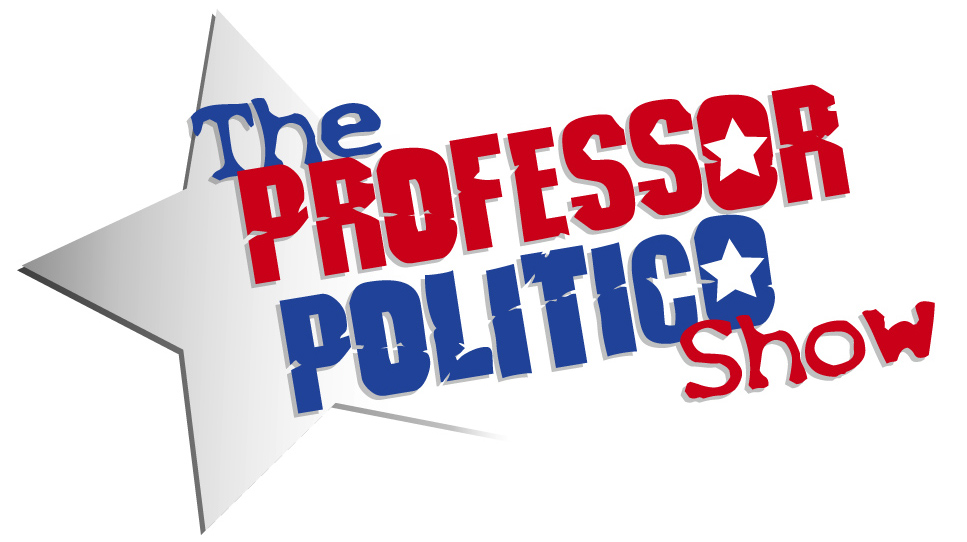Here are a few pointers on how to have a polite political debate from the folks @ the Art of Manliness:
Kate grandpa’s is fond of repeating the mantra he and his fellow sailors repeated while serving aboard the USS Indiana during World War II. “Never discuss politics or religion.” And he always adds, “So what does that leave to talk about? Girls, of course.”
Gramp’s advice is certainly appropriate if you’re going to be trapped on a ship with the same guys for months on end. And it’s a rule of good etiquette for dinner parties and other occasions when polite decorum should prevail.
But otherwise, politics should be debated, vigorously and often. Men in every age debated politics- from the Grecian Assembly to the Roman Forum, from the salons of France to the mutual improvement societies of colonial America. Being able to reasonably discuss the political issues of the day was considered a vital and essential part of being a well-rounded, well-educated, man. Indeed, one of the express purposes of education during this time was to equip men to be able to hold their own in the political forum.
These days rousing, yet respectful political debate is practically non-existent. The new media, far from presenting balanced, in-depth coverage of the important, meaty issues of the day, spend their time constantly regurgitating manufactured scandals and fanning the flames of personality contests. Debates between men in person, and especially on the internet quickly devolve into indignant shouting matches, where personal insults are substituted for rational arguments.
That’s not to say that our manly forebearers were the paragons of respectful debating. They too would often let their passions get away from them and unleash oratorical hell on their opponent. For example, during his days as a young state assemblyman in New York, Teddy Roosevelt would frequently lose his cool during debates on the Assembly floor. He’d call his opponents “cold blooded, narrow-minded, prejudiced, obstinate, timid, old psalm singing Indianapolis politicians” or “oily-Gammon, churchgoing specimens,” or simply “classical ignoramuses.”
Young Roosevelt quickly became the laughing stock of the Assembly and of the state newspapers with his outbursts. After bitterly insulting a senior assemblyman, Roosevelt was rebuked severely, and tearfully apologized for his unbecoming behavior. He soon learned to control his temper and direct his passion towards more constructive debate as opposed to petty insults.
Unlike men from the past, today’s men are unapologetic about their undisciplined, discourteous political rants. Men need to learn how to bring back vigorous, yet civil political discourse.
Click the link above to read the entire article.
